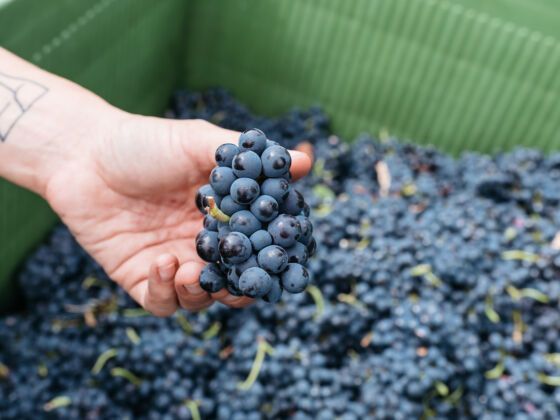Rachel Signer’s life in New York was far from what she had imagined it would be. When she wasn’t waitressing or selling wine at a local wine store in Brooklyn, she was hustling as an under-appreciated freelance writer. She was discontent and realized there was more she craved.
She moved from her small New York City apartment under the freeway to Paris. Signer’s love for the sparkling natural wine pétillant-naturel (or pét-nat for short), coupled with her frustrations and lack of romantic prospects in New York, encouraged her decision. The travel didn’t stop there.
